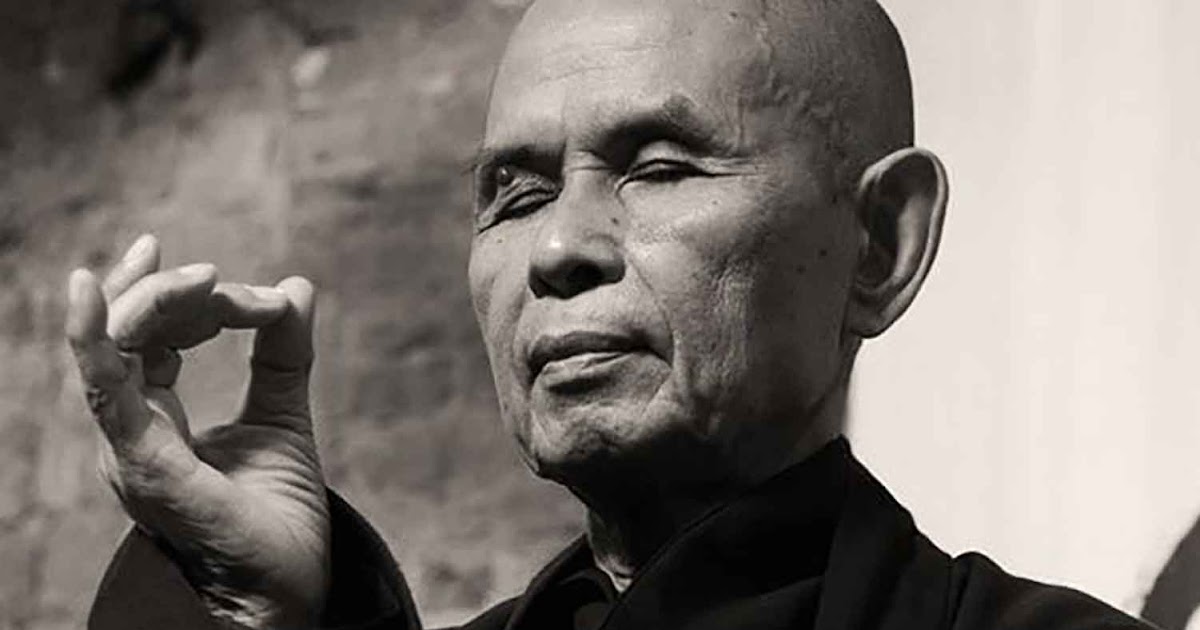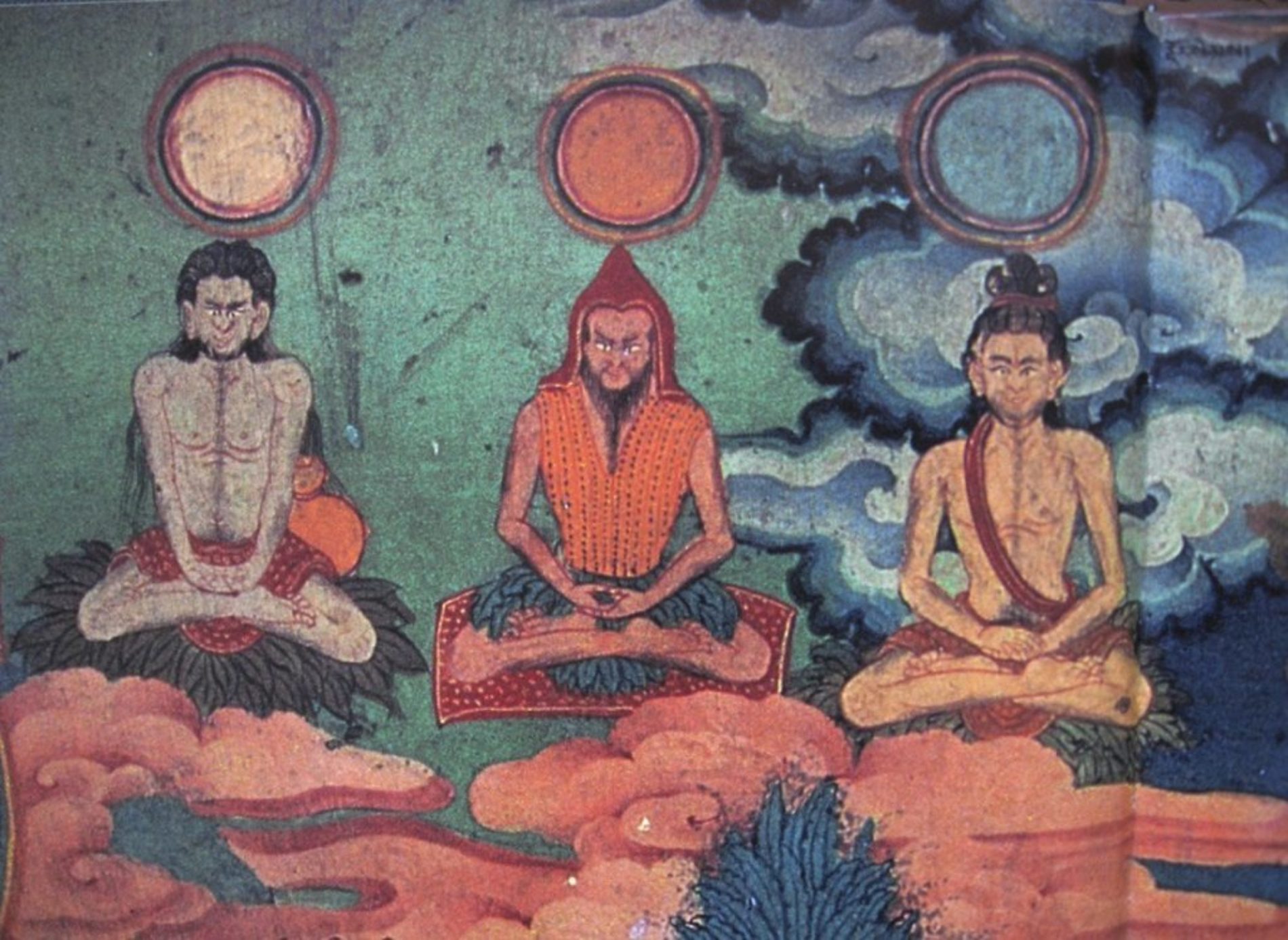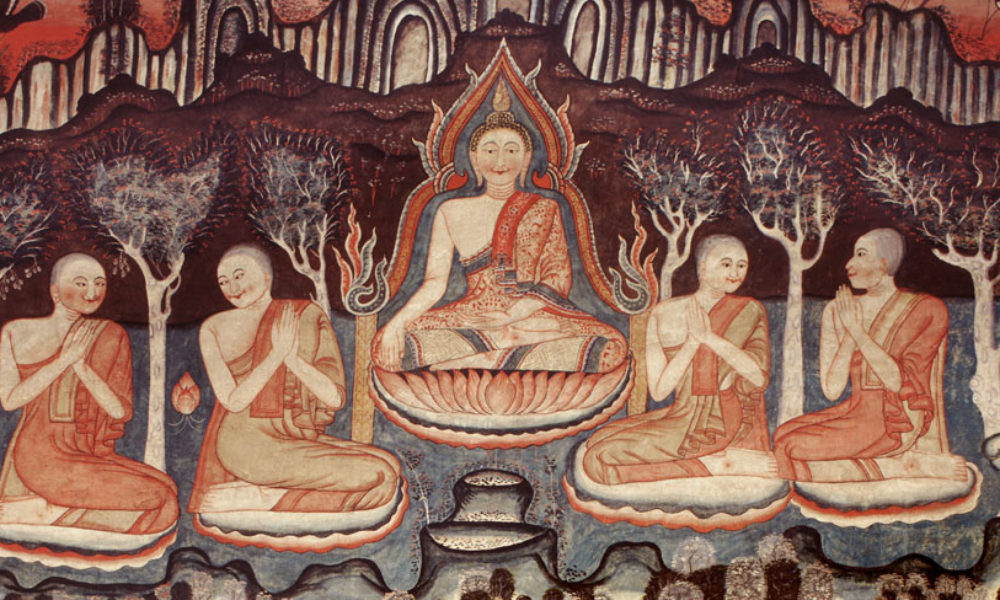Engaged Buddhism, a movement pioneered by the renowned Vietnamese Zen master Thich Nhat Hanh, offers a profound synthesis of Buddhist teachings with social activism and compassionate action. This article explores the essence of Engaged Buddhism and delves into the life and philosophy of its founder, Thich Nhat Hanh.
Who was Thich Nhat Hanh?
Thich Nhat Hanh, born Nguyen Xuan Bao in central Vietnam in 1926, discovered his spiritual calling at an early age. Ordained as a novice monk at the age of sixteen, he devoted himself to the practice of mindfulness and meditation under the guidance of Zen master Thanh Quy Chau. After receiving full ordination in 1949, he became known as Thich Nhat Hanh, meaning “one who brings peace.”
Thich Nhat Hanh’s deep commitment to peace and social justice led him to become actively involved in the movement to reconcile North and South Vietnam during the Vietnam War. He founded the School of Youth Social Service, which provided aid to war-torn communities and promoted nonviolent resistance. Despite facing persecution and exile for his advocacy of peace, Thich Nhat Hanh continued his efforts to foster understanding and compassion among all people.
Key Tenets of Engaged Buddhism
At the heart of Engaged Buddhism is the concept of mindfulness – the practice of being fully present in each moment with awareness and compassion. Thich Nhat Hanh emphasizes that mindfulness is not limited to meditation cushions but can be applied to every aspect of daily life, including social and environmental concerns.
Engaged Buddhism encourages practitioners to address the root causes of suffering in the world and to work towards creating positive change. Thich Nhat Hanh teaches that true peace can only be achieved through understanding and reconciliation, both within ourselves and in our relationships with others.
Engaged Buddhists engage in various forms of activism, such as environmental conservation, social justice, and conflict resolution, guided by the principles of nonviolence and compassion. They seek to alleviate suffering and promote well-being for all beings, not just through words or prayers, but through concrete actions grounded in mindfulness and loving-kindness.
Practices of Engaged Buddhism
Thich Nhat Hanh has introduced several practices to cultivate mindfulness and compassion in the context of social engagement. One such practice is “walking meditation,” where individuals walk slowly and attentively, grounding themselves in the present moment and connecting with the Earth beneath their feet.
Another practice is “deep listening” and “loving speech,” which emphasizes the importance of listening deeply to others without judgment and communicating with kindness and understanding. These practices are essential for resolving conflicts and building harmonious relationships within families, communities, and society as a whole.
Engaged Buddhists also advocate for sustainable living and mindful consumption, recognizing the interconnectedness of all beings and the impact of our actions on the planet. By living simply and mindfully, they strive to reduce suffering and promote greater harmony with the natural world.
Thich Nhat Hanh’s vision of Engaged Buddhism offers a transformative approach to spiritual practice and social activism. By integrating mindfulness with compassionate action, he invites us to become agents of positive change in the world, fostering peace, understanding, and healing for ourselves and all beings. As we walk the path of Engaged Buddhism, may we embody the spirit of mindfulness and love, bringing light to the darkness and creating a more compassionate and sustainable world for future generations.
The Fourteen Precepts of Engaged Buddhism
- Do not be idolatrous about or bound to any doctrine, theory, or ideology, even Buddhist ones. Buddhist systems of thought are guiding means; they are not absolute truth.
- Do not think the knowledge you presently possess is changeless, absolute truth. Avoid being narrow-minded and bound to present views.
- Do not force others, including children, by any means whatsoever, to adopt your views, whether by authority, threat, money, propaganda, or even education.
- Do not avoid contact with suffering or close your eyes before suffering. Find ways to be with those who are suffering, including personal contact, visits, images, and sounds.
- Do not accumulate wealth while millions are hungry. Live simply and share time, energy, and material resources with those who are in need.
- Do not maintain anger or hatred. Learn to penetrate and transform them when they are still seeds in your consciousness.
- Practice mindful breathing to come back to what is happening in the present moment.
- Do not utter words that can create discord and cause the community to break. Make every effort to reconcile and resolve all conflicts, however small.
- Do not say untruthful things for the sake of personal interest or to impress people. Do not utter words that cause division and hatred. Do not spread news that you do not know to be certain.
- Do not use the Buddhist community for personal gain or profit, or transform your community into a political party.
- Do not live with a vocation that is harmful to humans and nature. Do not invest in companies that deprive others of their chance to live. Select a vocation that helps realize your ideal of compassion.
- Do not kill. Do not let others kill. Find whatever means possible to protect life and prevent war.
- Possess nothing that should belong to others. Respect the property of others, but prevent others from profiting from human suffering or the suffering of other species on Earth.
- Do not mistreat your body. Learn to handle it with respect. Do not look on your body as only an instrument. Preserve vital energies (sexual, breath, spirit) for the realization of the Way.
From “Interbeing: Fourteen Guidelines for Engaged Buddhism,” Revised edition: Oct. 1993 by Thich Nhat Hanh, published by Parallax Press, Berkeley, California.




